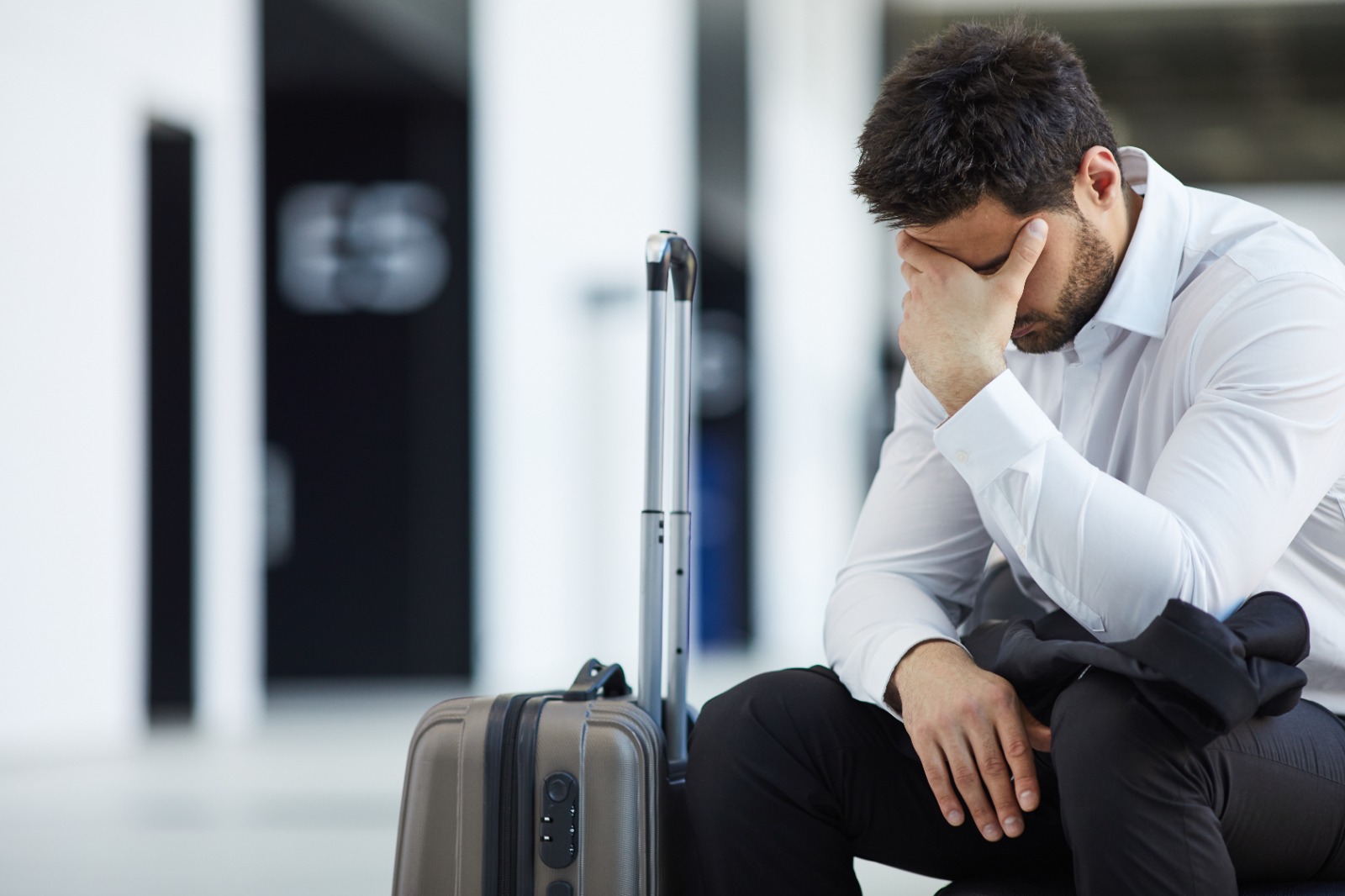Traveling across different time zones can leave you feeling tired and out of sync – that’s what we call jet lag. In this guide, we’ll break down what jet lag is, and its symptoms, and share seven simple tips to help you deal with it.
Thank you for reading this post, don't forget to subscribe!Understanding Jet Lag:
Jet lag happens when your body’s internal clock gets messed up by crossing time zones. This can make you feel tired and off-kilter as your body tries to catch up with the new time.
Jet Lag Symptoms:
- Feeling Tired and Trouble Sleeping: Jet lag can make you feel super tired, but when it’s time to sleep, you might find it hard to doze off.
- Sleepiness during the Day: You might feel sleepy when you should be wide awake during the day.
- Mood Swings: Jet lag can make you cranky or sad – it messes with your mood.
- Upset Stomach: Your stomach might feel a bit weird, causing nausea, indigestion, or changes in appetite.
- Headaches and Muscle Aches: Some folks get headaches and muscle aches as their body adjusts to the new time zone.
Best Jet Lag Remedy:
While there’s no magic fix for jet lag, there are things you can do to feel better:
Drink Lots of Water:
- Keep yourself hydrated, especially on the plane. Airplanes can be super dry, and staying hydrated helps your body handle jet lag better.
Adjust Gradually:
- If you can, start adjusting your sleep schedule a few days before your trip. Go to bed and wake up a bit closer to the times at your destination.
Get Some Sun:
- Spending time outside in the daylight at your destination helps your body reset its internal clock. It tells your body, “Hey, it’s time to be awake!”
Try Melatonin:
- Melatonin is a sleep hormone. Taking a bit before bedtime at your destination can help you sleep better.
Set Up a Good Sleep Environment:
- Make your bedroom comfy and dark. Use earplugs or a sleep mask to block out disturbances.
Best Way to Deal With Jet Lag:
The best way to tackle jet lag is by doing a bunch of things before, during, and after your journey:
Pick Smart Flight Times:
- Choose flights that match your normal sleep schedule. If you’re heading east, aim for an evening arrival. If you’re going west, try to arrive in the morning.
Move Around During the Flight:
- Do simple stretches, take short walks, and move around to avoid feeling stiff and tired.
Avoid Booze and Caffeine:
- Skip the alcohol and coffee on the plane. They can mess with your sleep. Drink water or herbal tea instead.
Stick to the Local Schedule:
- Once you arrive, do your best to live by the local schedule. Eat, sleep, and wake up at the right times.
Take Quick Naps:
- Short naps (20-30 minutes) can give you a quick energy boost without messing up your nighttime sleep.
Watch What You Eat:
- Eat light meals at the right times. Heavy, rich foods close to bedtime can make it hard to sleep.
Also read: 6 ways to sleep better while traveling
Jet Lag Prevention Tips:
Get Ready Early:
- Start getting ready for your trip in advance. Adjust your sleep schedule, and pack things like a sleep mask and earplugs.
Go for Direct Flights:
- If you can, pick flights with no layovers or fewer time zones to cross.
Plan for Evening Arrivals (for Eastward Travel):
- If you’re flying east, try to arrive in the evening. It makes it easier to sleep when you get there.
Stay Active at Your Destination:
- Move around and do some light exercise when you arrive. It helps your body adjust.
Cut Down on Screen Time Before Bed:
- Screens can mess with your sleep. Try to avoid them before bedtime.
Eat at Regular Times:
- Stick to regular meal schedules at your destination. It helps your body know when to be awake or asleep.
Be Patient:
It takes time for your body to adjust, so be patient. Give yourself a day or two to get used to the new time.
Jet lag is a common issue, but with a bit of planning and these simple tips, you can minimize its effects. Whether you’re a frequent traveler or just going on a big adventure, taking care of yourself during and after your flight can make a big difference in how you feel. Safe travels!



